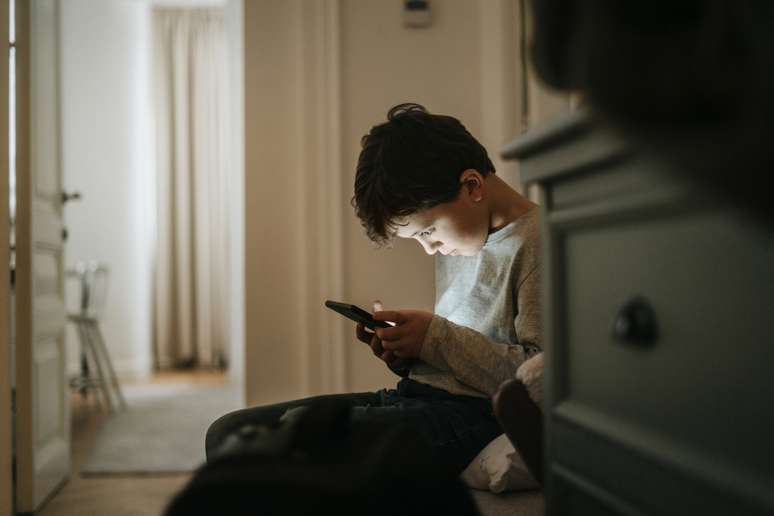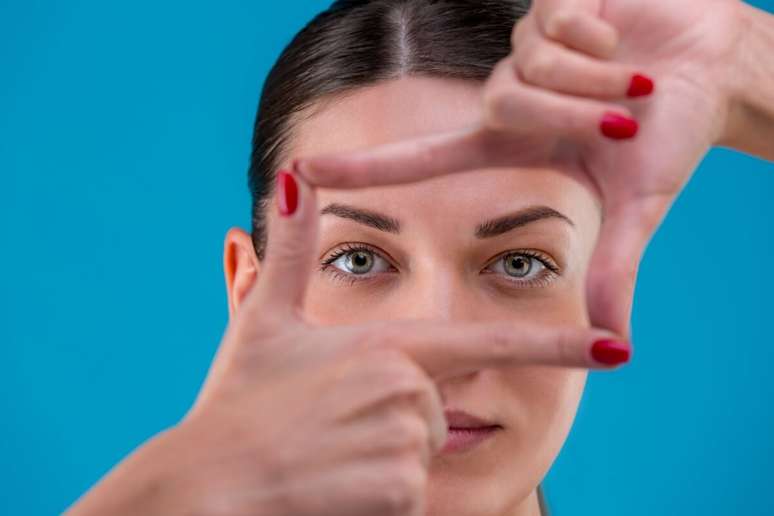60% of teenagers between 16 and 18 spend two to four hours a day on social networks. The longer you are connected, the greater the risks.
A new study led by the University of Oxford has found a strong correlation between social media use and high rates of anxiety and depression, at a time when Britain’s public health system (NHS) is seeing a significant increase in mental health disorders. Health. mental health among young people. ‘
The result of the work, published this week in the Financial Times newspaperreveals that 60% of teenagers between 16 and 18 spend between two and four hours a day on social networks. The longer you are connected, the greater the risks. Girls are more affected than men.
In 2019, before the pandemic, in collaboration with Grupo Positivo, I conducted a survey that interviewed 3,300 students in 53 public and private schools across the country, and the results pointed in the same direction. Find it Here all the data and our conclusions. Since then the perception is that the situation has worsened.
The researchers of this ongoing study (BrainWaves Study) believe that “weaning” from the networks and investing more time in improving sleep and practicing physical exercise would contribute to the mental health of young people.
Mental health care for children and young people in the NHS doubled between 2016-2017 and 2023-2024. 20% of the patients are girls aged 16-17, perhaps under more pressure from the use of networks. Cyberbullying, idealized body image, machismo, and longer online time are some of the factors that help explain these numbers.
Mental disorders represent one of the greatest global public health challenges today. For researchers, they start increasingly early, affect many people and can become recurrent throughout life.
In addition to quality sleep and physical activity, other important cognitive strategies for improving young people’s mental health are learning to cope with change, manage stress and develop critical thinking.
They conclude that having control over your actions and understanding their consequences, including the time and frequency of social media use, can be a powerful tool for reducing levels of anxiety and depression.
I am increasingly betting on digital education, at home and at school, as a unique opportunity to work on the limits and impacts that the use of screens can have on the life, well-being, mental health and future of the new generations. How is the discussion about this topic going in your home and at your children’s school?
*Jairo Bouer is a psychiatrist and writes weekly for Terra Você.
Source: Terra
Ben Stock is a lifestyle journalist and author at Gossipify. He writes about topics such as health, wellness, travel, food and home decor. He provides practical advice and inspiration to improve well-being, keeps readers up to date with latest lifestyle news and trends, known for his engaging writing style, in-depth analysis and unique perspectives.









